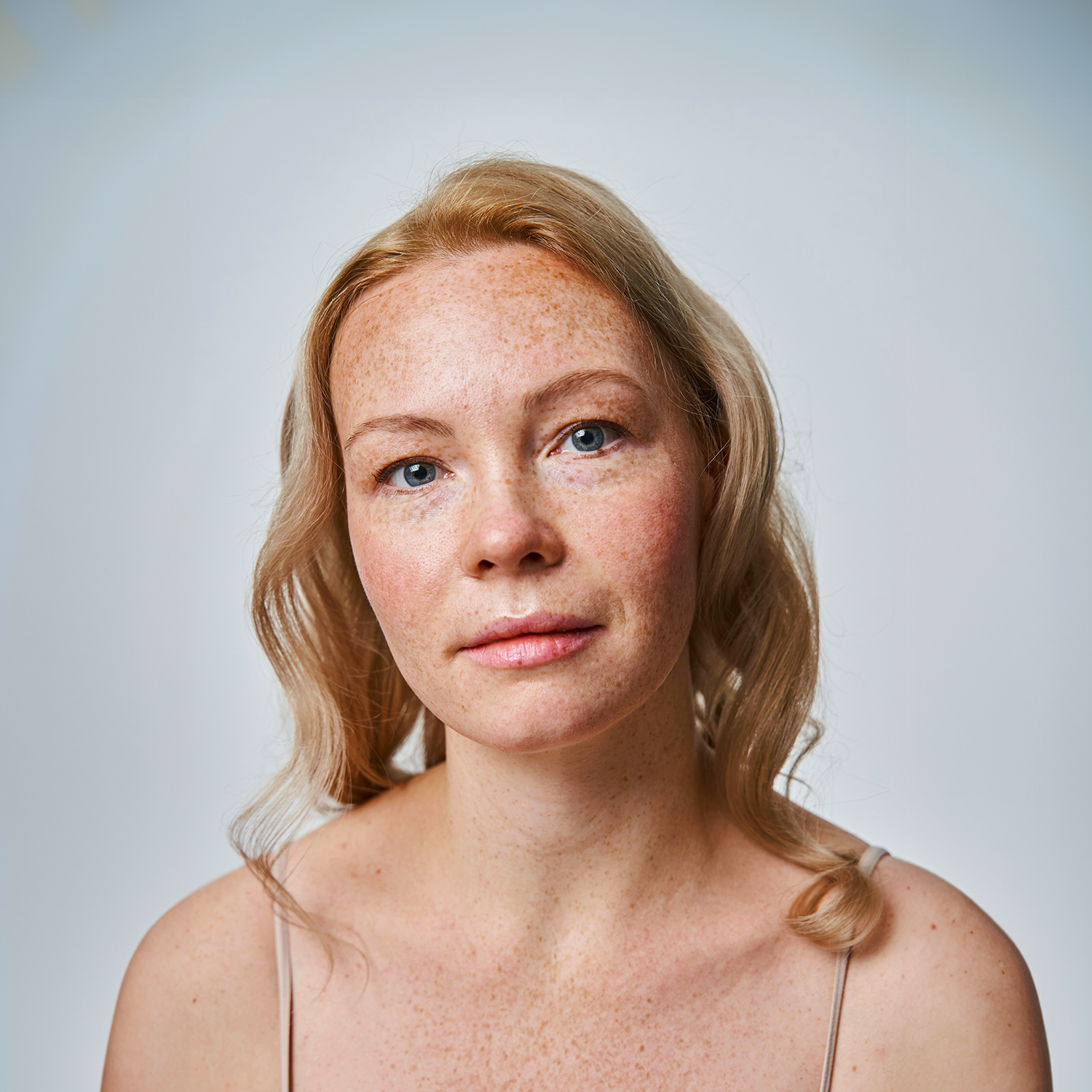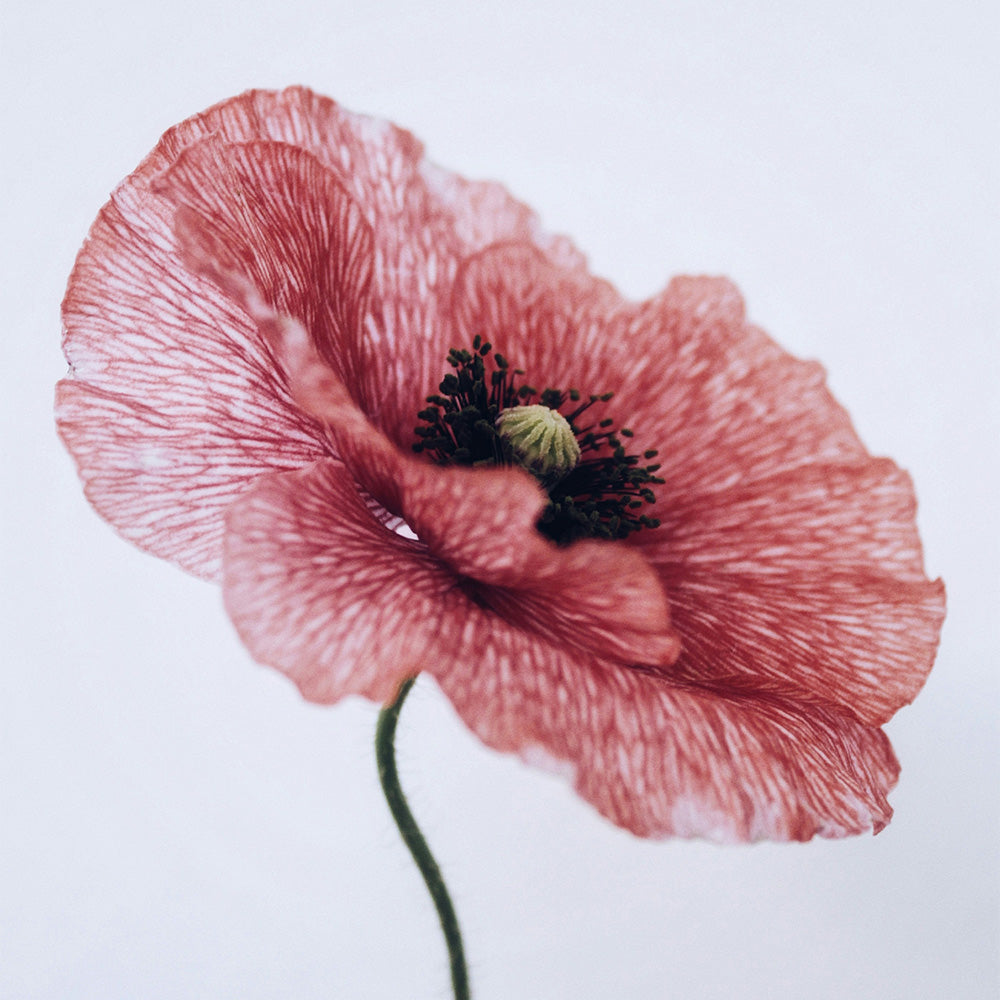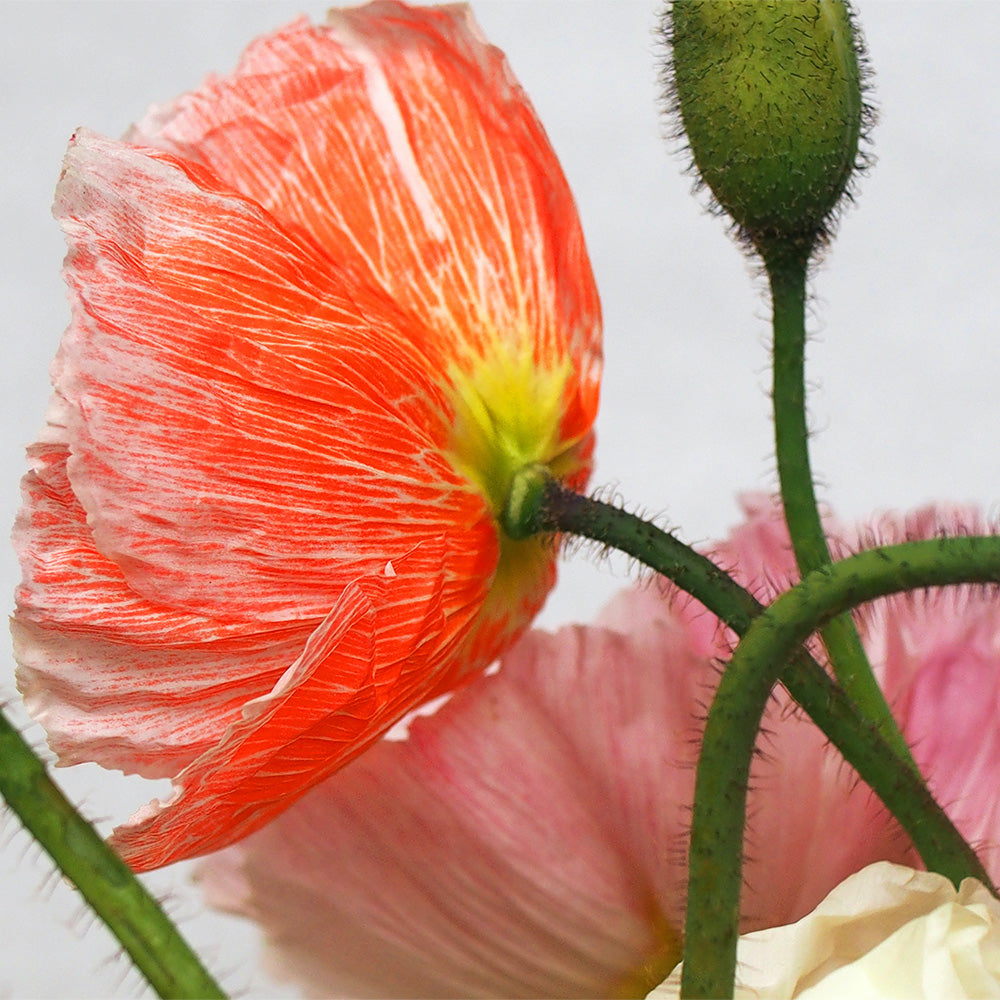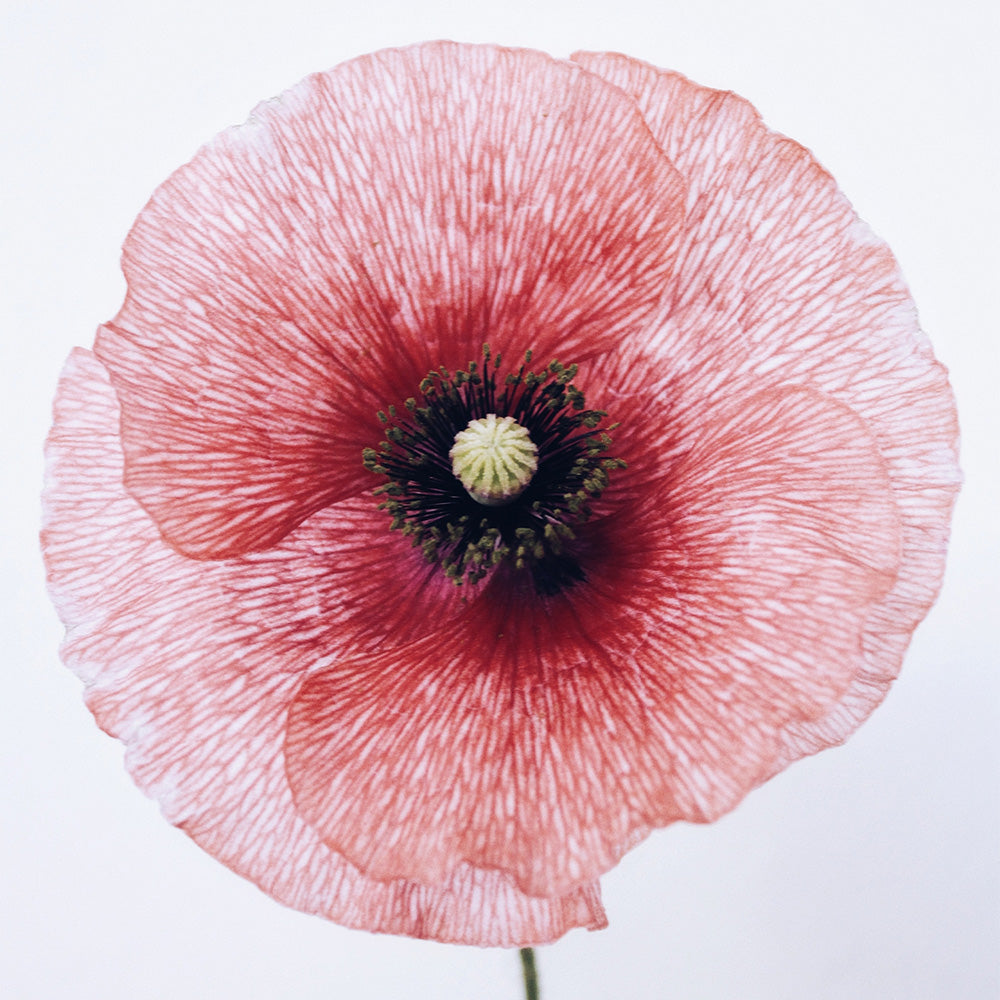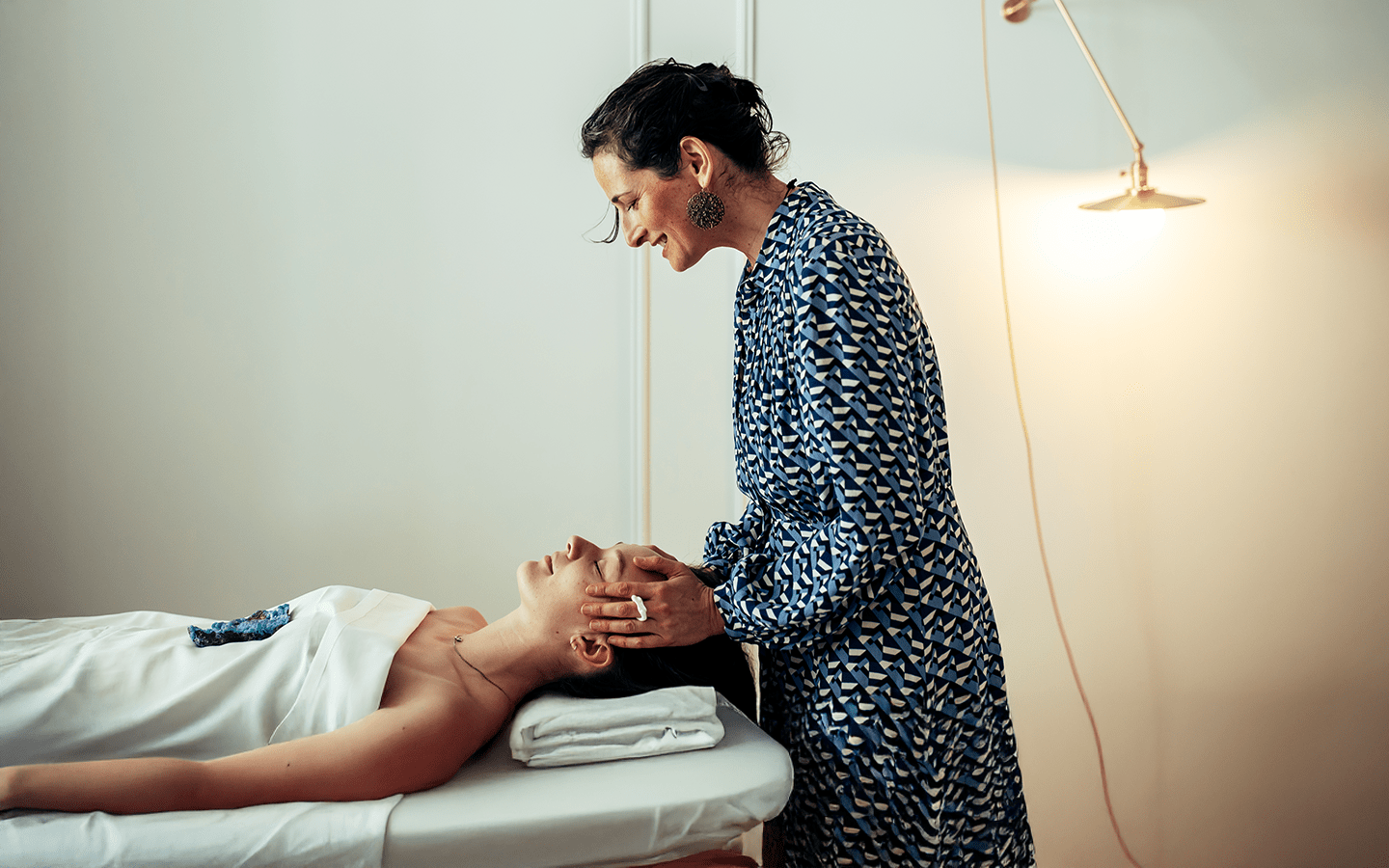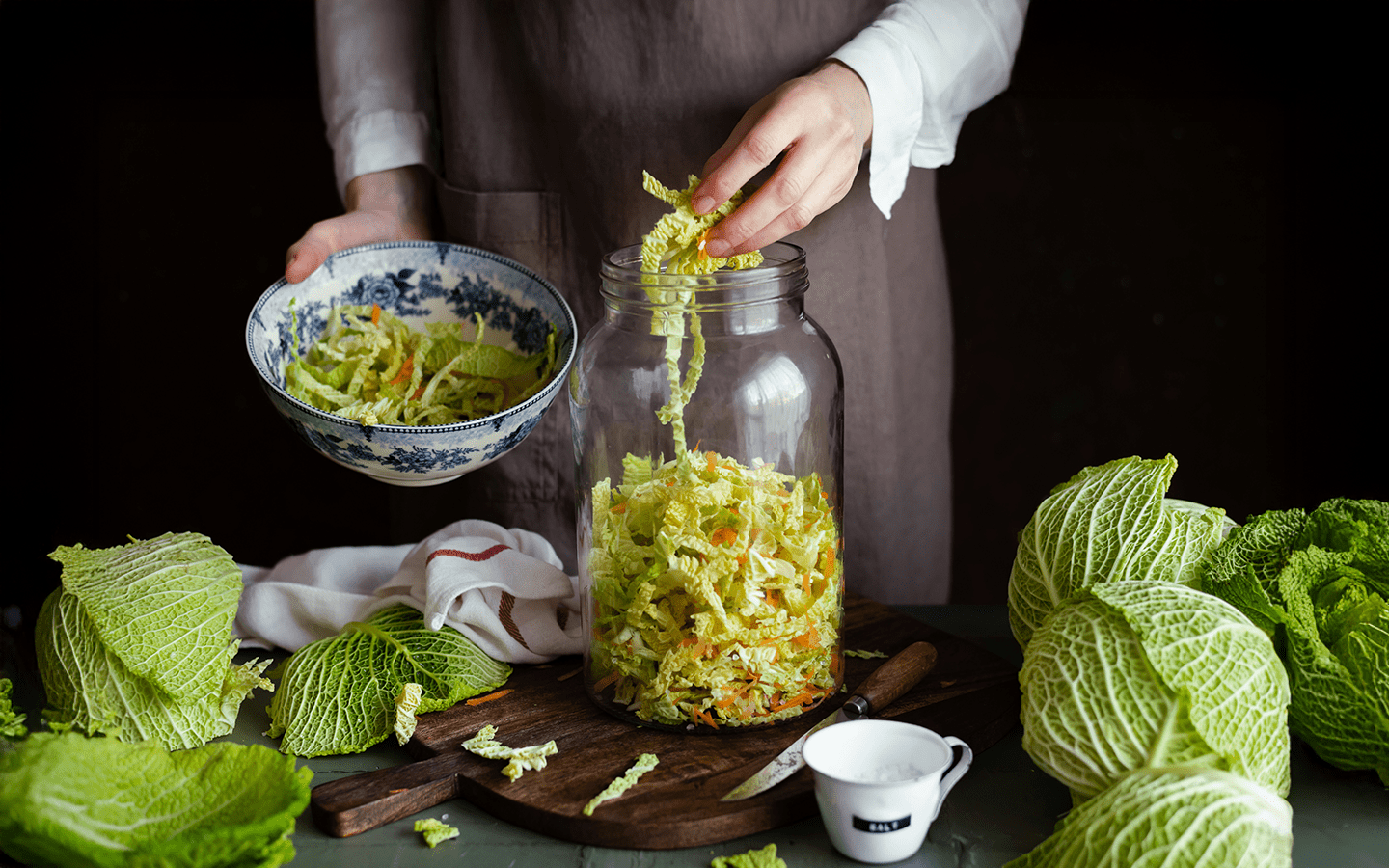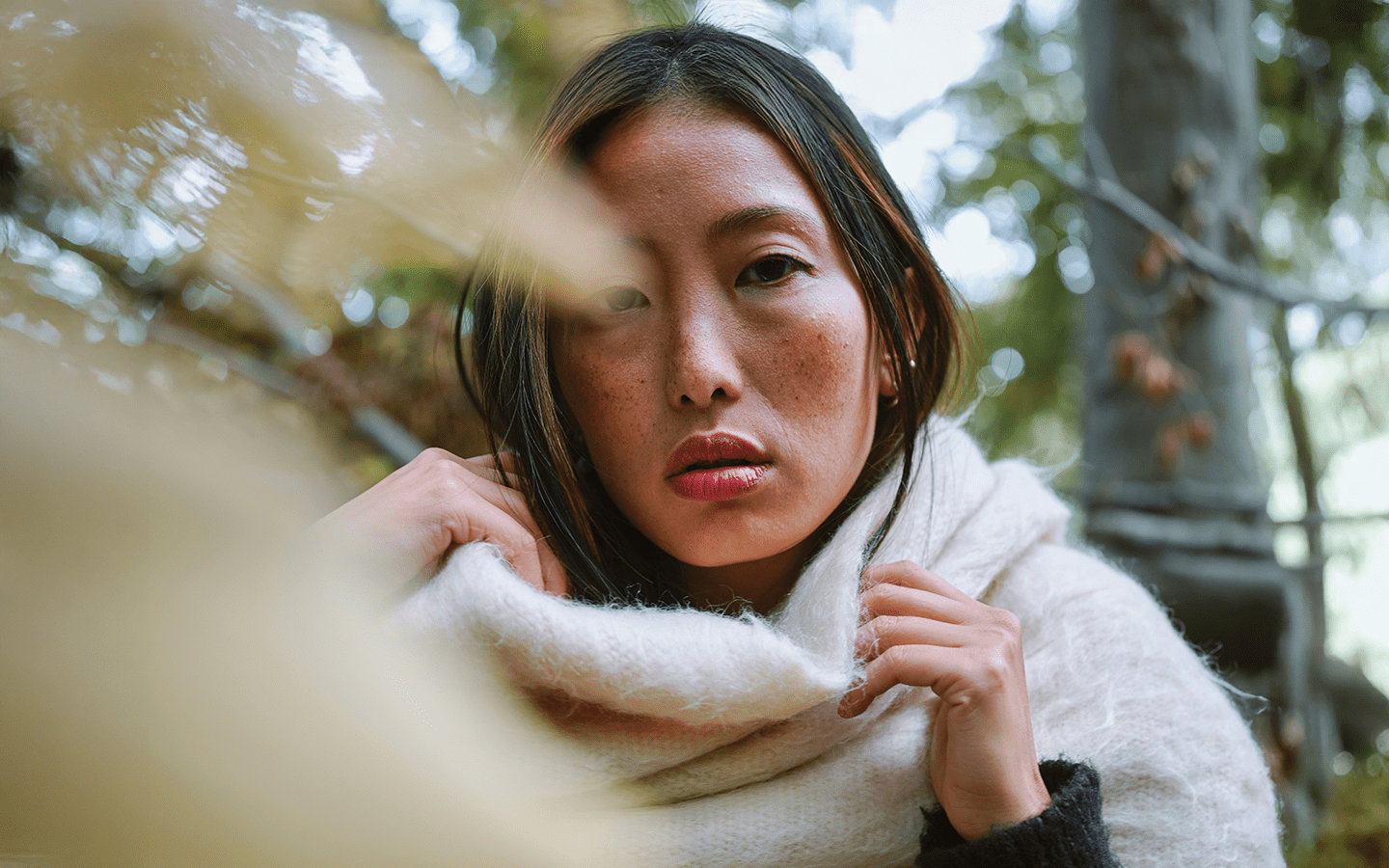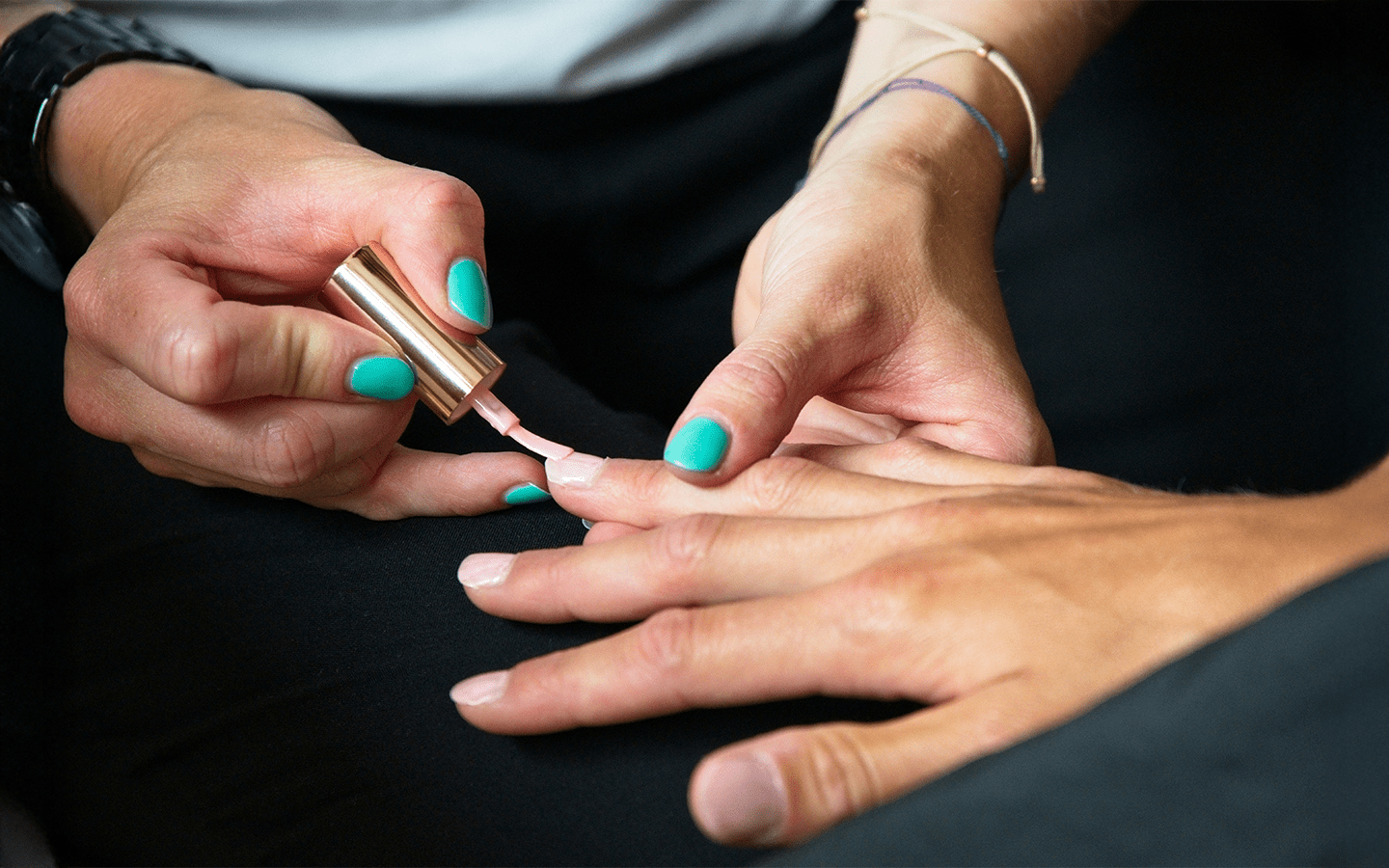
Looking for Relief From Stress & Anxiety? Acupuncture Can Help!
Are you feeling overwhelmed, on edge, or just plain stressed out? You're not alone. Anxiety is one of the most common mental health issues, affecting over 40 million adults in the U.S.
While talk therapy and medication are often the go-to treatments, many people are discovering the benefits of acupuncture for calming frayed nerves. As an acupuncturist with over 20 years of experience focusing on women's health, I've seen firsthand how this ancient practice can provide much-needed relief in our modern, fast-paced world. Acupuncture works by stimulating specific points on the body to promote relaxation, balance, and overall well-being.
How Acupuncture Helps Reduce Anxiety
Research shows that acupuncture can be an effective treatment for anxiety, with fewer side effects than medications.
It works by:
- Stimulating the body's natural "feel-good" hormones like endorphins
- Reducing stress hormones like cortisol
- Slowing breathing and resetting the nervous system
- Supporting healthy energy flow in the body
A 2015 study found that acupuncture significantly reduced symptoms in people with anxiety that didn't respond to other treatments like therapy and medication.
While we still need more research to fully understand how acupuncture impacts specific anxiety disorders, the evidence so far is promising.
What to Expect During an Acupuncture Session
If you're new to acupuncture, the thought of being poked with needles might seem more stress-inducing than stress-relieving. But don't worry - the needles are ultra-thin, and most people barely feel them. Here's what a typical session looks like:
- Your acupuncturist will ask about your symptoms, health history, and any medications you take.
- They'll carefully insert thin needles into specific points on your body. This usually takes 10-30 minutes.
- The needles are left in place for up to 20 minutes while you relax. Some people even fall asleep!
- The acupuncturist gently removes the needles.
Most people start to notice improvements after a few sessions, although some report immediate benefits.
While one treatment can help, a series of sessions tends to be most effective for lasting anxiety relief.
Maintaining the Benefits at Home
Want to extend that post-acupuncture calm between appointments? There are plenty of things you can do at home to support your treatments, like:
- Eating a nutrient-rich, plant-based diet
- Practicing relaxation techniques like deep breathing and meditation
- Staying active with gentle movement like yoga, tai chi, or qigong
- Using acupressure or self-massage on key points
- Maintaining social connections
The key is finding small ways to prioritize calm amidst the business of your life. Sometimes, just knowing you're doing something good for yourself can help ease worries about things beyond your control.
Is Acupuncture Right for You?
If you're struggling with anxiety, acupuncture may be worth exploring - especially if other treatments haven't given you the relief you need. It's generally considered safe with a low risk of side effects when performed by a licensed professional.
Of course, acupuncture isn't a replacement for mental health care, so be sure to talk with your doctor or therapist about integrating it into your treatment plan. And remember, there's no magic bullet for busting stress. The most effective approach is usually a combination of healthy lifestyle habits, professional support, and finding the stress-management practices that work best for you.
Anxiety may be common, but it doesn't have to control your life. With the right tools and support, you can find your way back to calm - one tiny needle (or deep breath) at a time.
Interested in learning more? Check out my website at https://drcatherine.com, follow me on Instagram @heydrcatherine, or sign up for my newsletter at https://hey.drcatherine.com. Let's continue the conversation!
